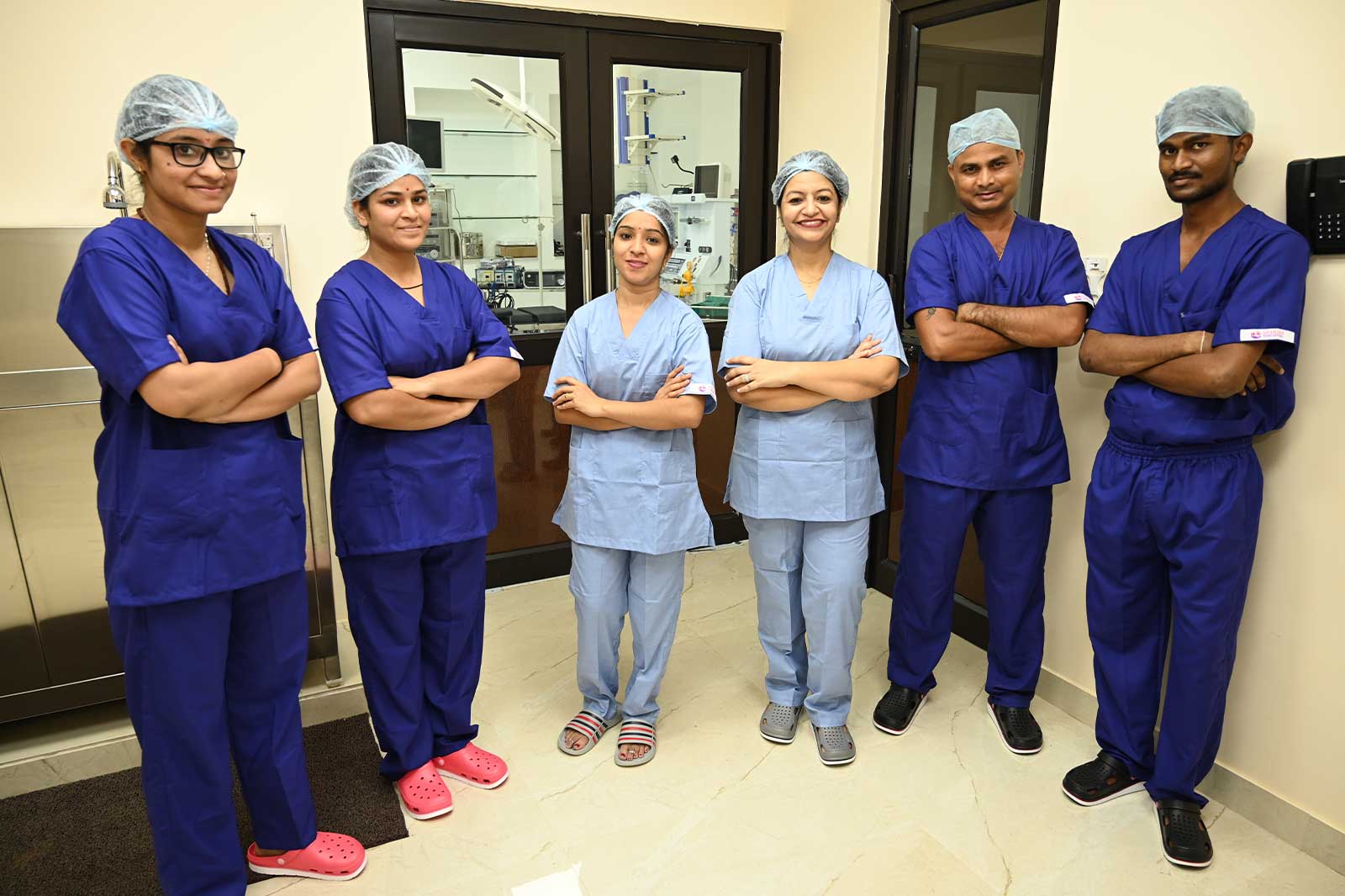

These injections can help stimulate ovulation.

Gonadotropin treatment is another medical therapy that may be available to you.

Women may use these drugs for up to six ovulation cycles before attempting other therapies. Medical therapies may include oral drugs that regulate ovulatory function.What fertility treatment options are available?įertility issues may be addressed medically, through surgery, by intrauterine insemination, or via assisted-reproduction technologies like in vitro fertilization. Your partner may be advised to have a semen analysis. Your physician may also order tests to evaluate your hormone levels. The provider then uses ultrasound technology to view the structure of the uterine cavity. During this in-office procedure, special fluid is injected into the uterine cavity (via the cervix). A sonohystogram is another advanced imaging procedure for viewing the uterine cavity. These may include a hysterosalpingogram (HSG), which is an x-ray of the uterus and fallopian tubes done with special radiographic dye for enhanced viewing. Providers may use one or more tests to look for the cause of your fertility issues. Male fertility issues (such as low sperm count or motility problems)Ĭause is indeterminable in approximately 10-15 percent of all couples challenged with infertility.Problems with ovulation, such as PCOS or hormonal imbalance.There are many possible causes of infertility, only some of which are understood by physicians. If the cause of your conception difficulties is unknown, your partner should also be a part of the fertility care process. The root of an infertility issue can be in either the male or the female. You’ve been diagnosed with endometriosis or another pelvic-area disease.You’ve had fertility problems in the past.You have had one (or more) miscarriages.Other reasons to seek fertility care around the six- or three-month mark include: If you are a woman over the age of 40, then you may seek care after 3 months of unprotected sex. If you are between the ages of 35-40, then wait to seek care until after at least 6 months of sex.

Generally, most physicians and fertility groups agree that a minimum of 12 months of unprotected sex without becoming pregnant is grounds for seeking fertility care for women under the age of 35. When should we see a doctor?Īny time you are concerned about your health is a legitimate time to schedule an appointment with your gynecologist or PCP. Learn more about the options that may be available to you below. The providers of Steward Medical Group Women’s Health Associates are experienced in helping women with a variety of fertility problems, from hormonal imbalance to blocked tubes and damaged internal structures. It’s often the case that couples who are trying to get pregnant may not have success in the first few months, as conception is only possible for a few days surrounding ovulation – which happens about midway through your cycle. For couples who meet certain age and health criteria, the minimum time may be as low as six or three months of frequent sex without the use of contraception. Infertility is the inability to achieve pregnancy while having frequent unprotected sex for at least one year. Fertility Care Preconception Planning Fertility Care How is “infertility” defined?


 0 kommentar(er)
0 kommentar(er)
